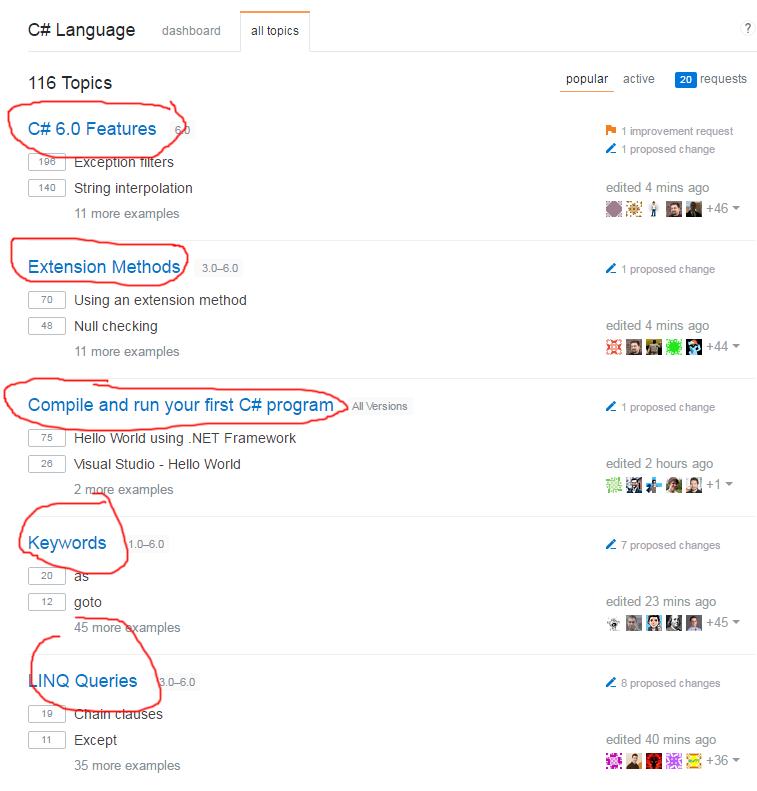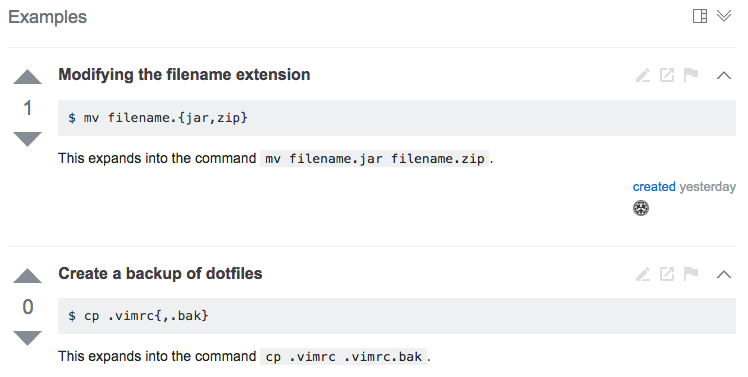The system incentivizes the wrong things.
Writing useful documentation is hard. This is among other reasons why there are so many projects with weak or bad documentation.Example code and snippets are simple to write by comparison.
The hard part of documentation isn't the examples. Organizing and explaining information in a useful and informative way? That is hard.
There needs to be a much higher reputation incentive to actually organize and explain things. Of course, this means there needs to actually BE a way to organize things. Right now, there's not, so it's a shotgun approach to spamming examples.
Even if all content was high quality there's still not a good way to cohesively organize it. Vote count is frankly a horrible way to organize documentation. You don't read a tutorial by reading step 6, then 4, then 10, then 1, then 3, etc. But the way documentation is implemented requires this.
The benefit of documentation (as opposed to searching individually for pieces of information) is you can easily find the information you are seeking. This requires some level of organization.
If each piece is supposed to be stand alone, how is that any different from Stack Overflow? Sure, technically it's a different thing, but if each piece of documentation is an answer to a simple question and intended to be independent of the others, scrap the entire project and add a better tagging/search system. Or add documentation tags and make a neat GUI for it.
And last, please for the love of all that is holy and right in the Internet make it so there is a more comprehensive process for determining who can actually write documentation. I am good at writing documentation. I'm not going to fight with script kiddies and rep farming people spamming low quality content in tags I'm knowledgeable in just to write documentation on Stack Exchange (instead of, you know, official sites) - there needs to be a way to somehow filter this out.

